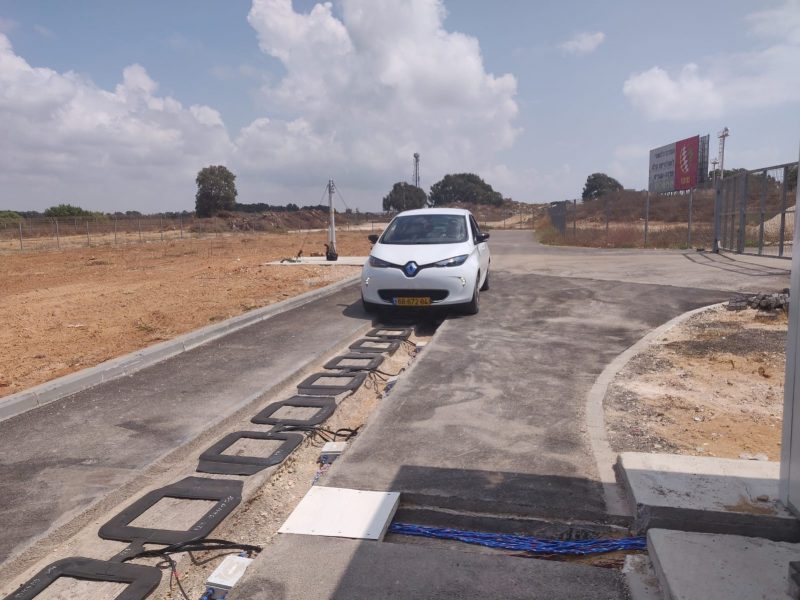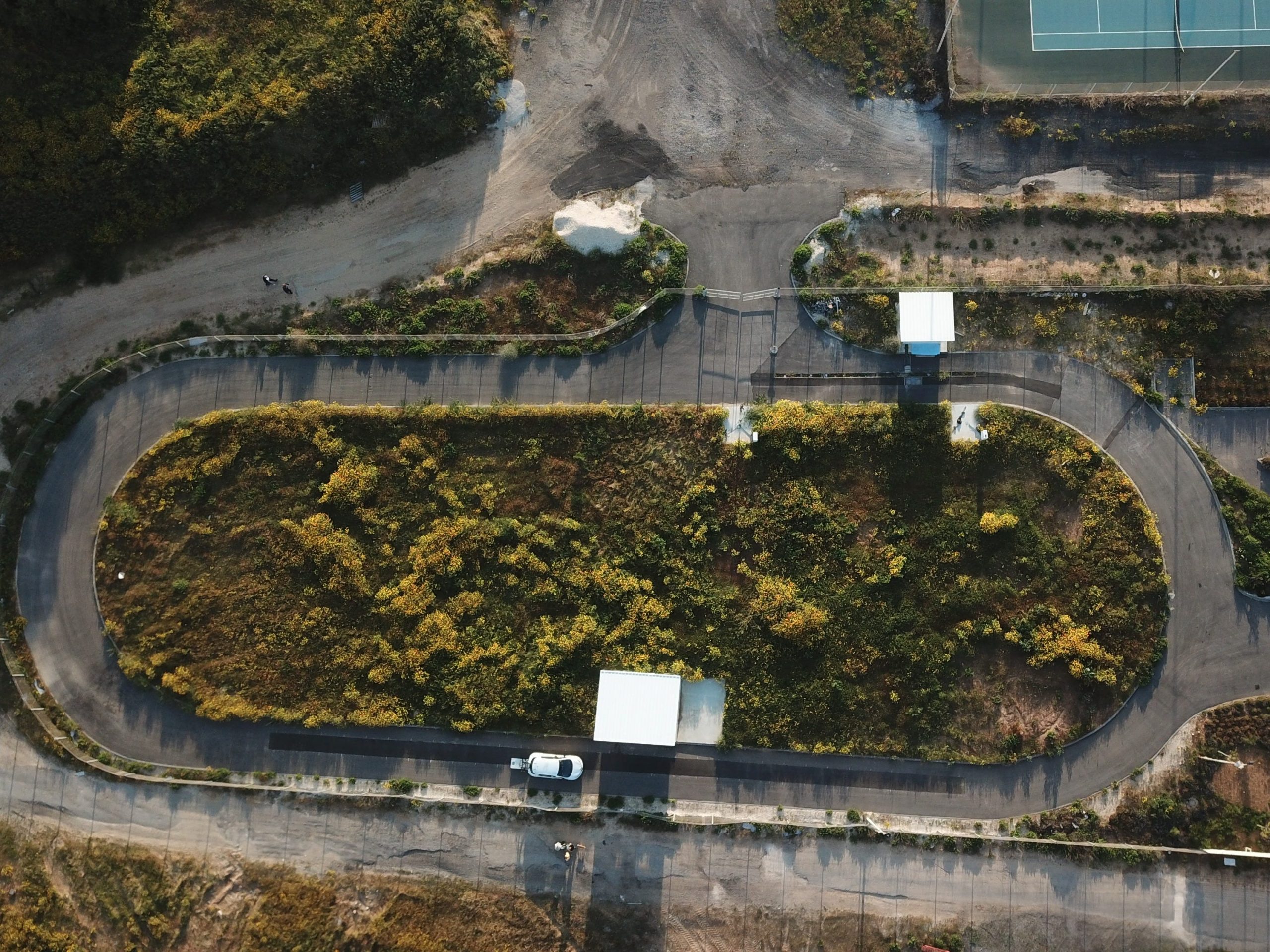- Electreon Wireless is working on a test to create an electric road in Tel Aviv.
- Coils under the road will charge electric vehicles while they drive.
- Its goal is to build the first electric city road in the world.
- Visit Business Insider’s homepage for more stories.
Electric cars might be the way of the future, but ‘range anxiety’ is one of their weaknesses. Israeli startup Electreon Wireless is developing a solution, creating roads that can charge electric vehicles as they drive.
Electreon markets its system primarily to governments, cities, and fleet operators, with a proposal to increase efficiency by lowering battery size, cost, and weight. Electric coils installed under roads can transmit energy to electric vehicles on them, charging them as they go.
The company first successfully demoed an electric road in 2019, and they have another project planned for a small area in Tel Aviv this summer, before implementing a test in Sweden by the end of 2020.
Electreon intentionally chose to start working first on public transportation, like shuttles between train stations and airports. According to its website, Electreon chose this point of entry because of the large population served by urban public transportation, and its role as a large polluter. Eventually, it hopes to expand to ridesharing, trains, and autonomous vehicles.
Here's how the world's first electric road will work.
Electreon works on making heavy utility vehicles electric, to minimize their outsize environmental impact.
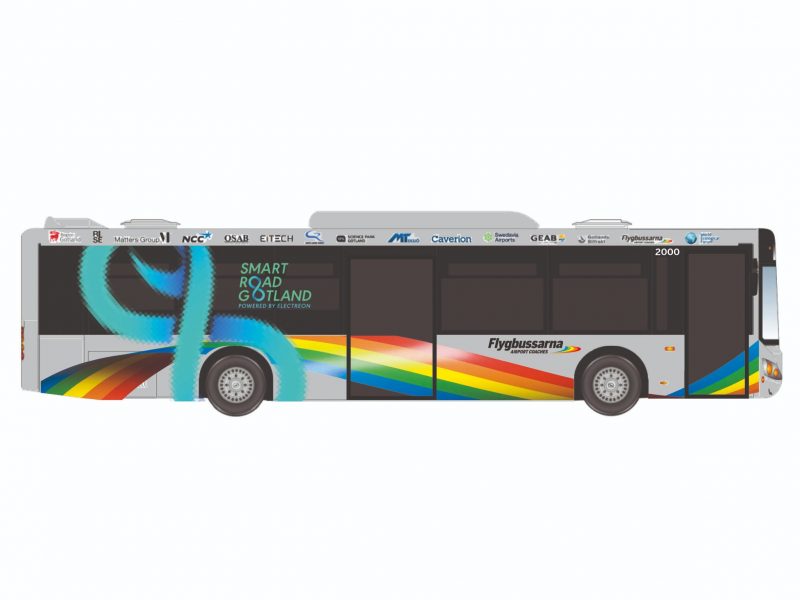
As electric vehicles become more common, electric roads would expand their range, instead of relying on charging stations.
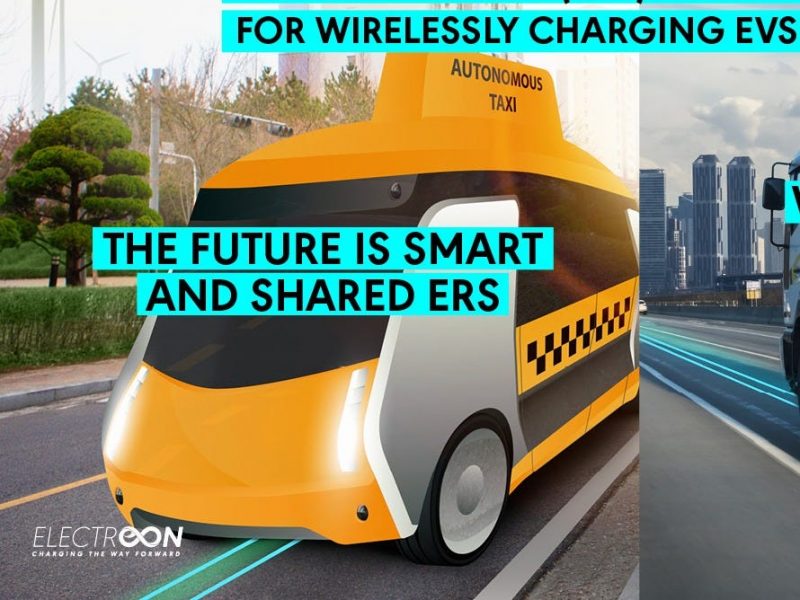
Electric charging roads can also be shared by many vehicles without the infrastructure and space demanded by charging stations.
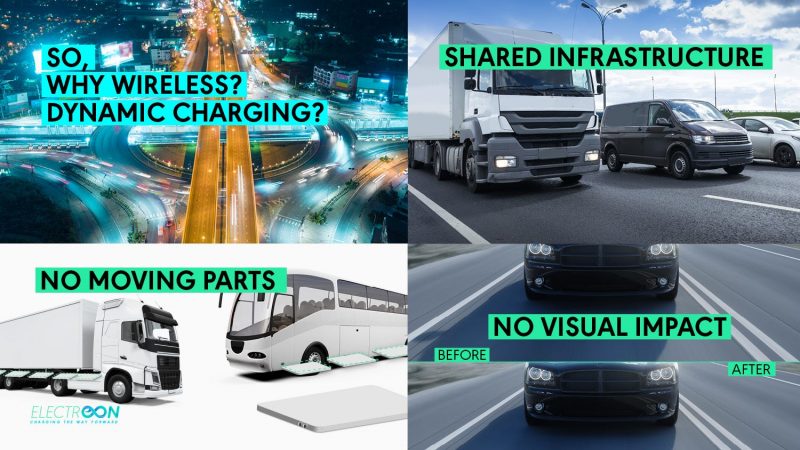
It is planning for 1.2 miles of electric road in Tel Aviv in August, between the university and the train station.
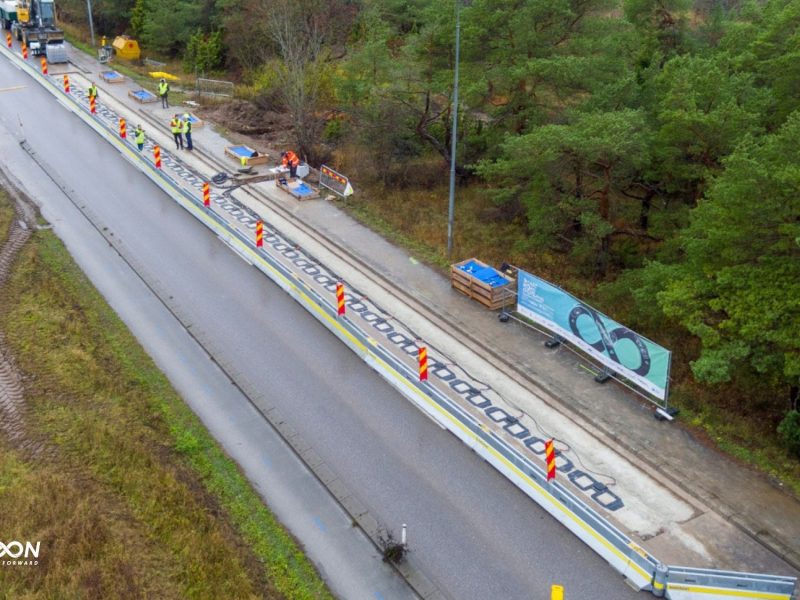
If that goes well, the plan is to stretch the road further into the city.
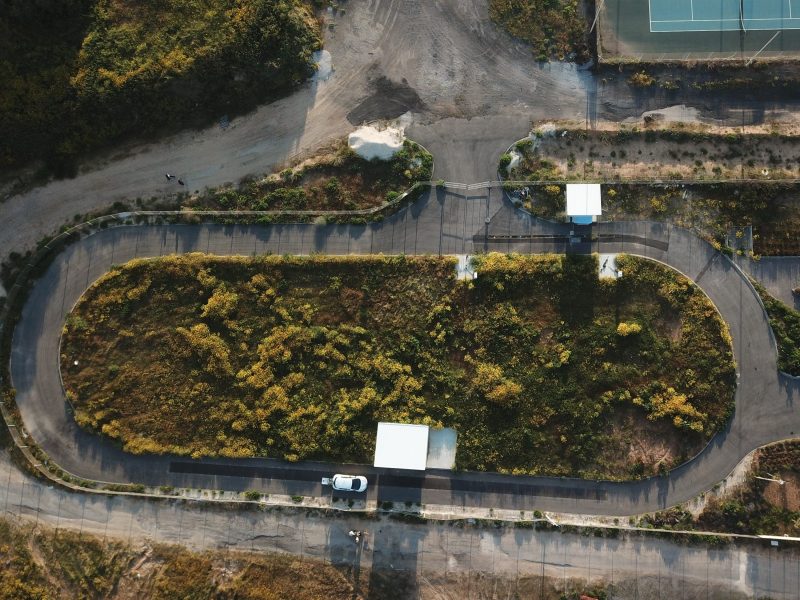
The shuttle between the train station and university would be a way to test out the concept compared to traditional transportation.
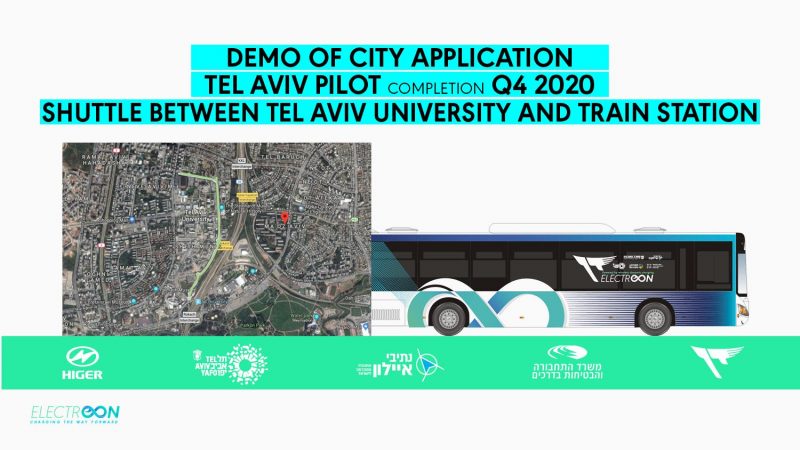
In 2019, Electreon successfully tested an electric truck in Sweden.
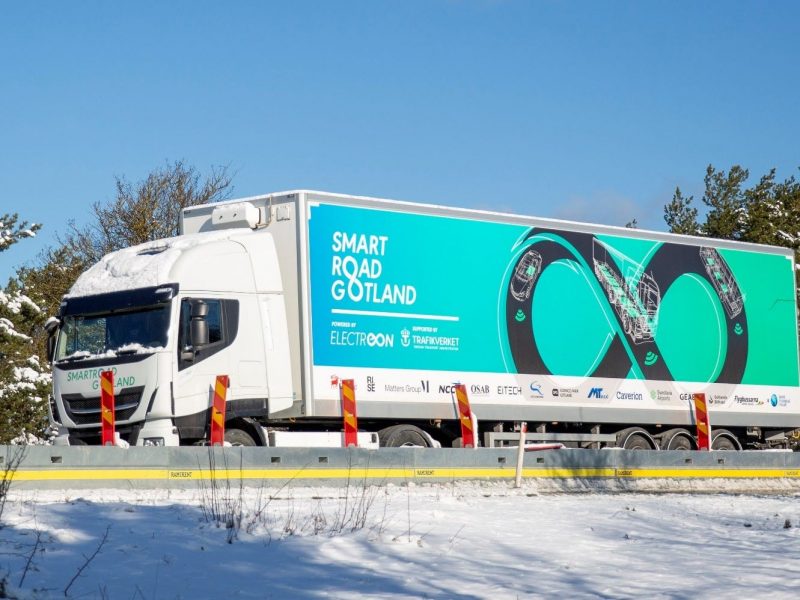
That project was part of Smartroad Gotland, a plan to put a public shuttle service and electric road between the airport and city on Gotland, an island in the Baltic Sea.
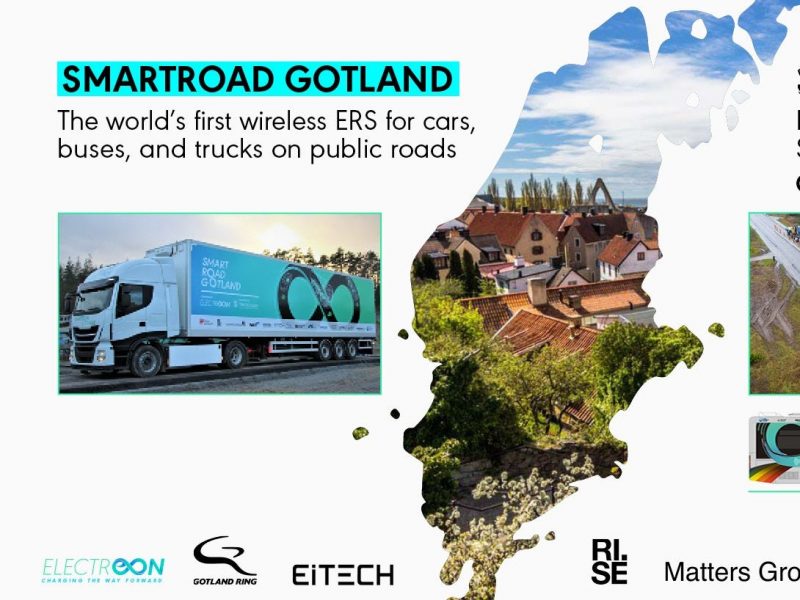
Coils under the ground power the electric vehicles, sending energy to receivers on the bottom of cars and trucks.
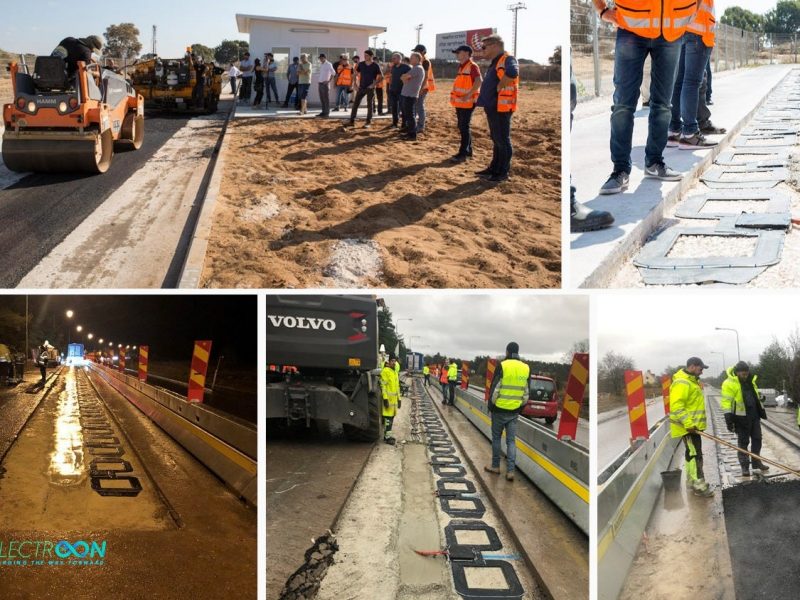
Up to two-thirds of a mile of coils can be installed in a single night.
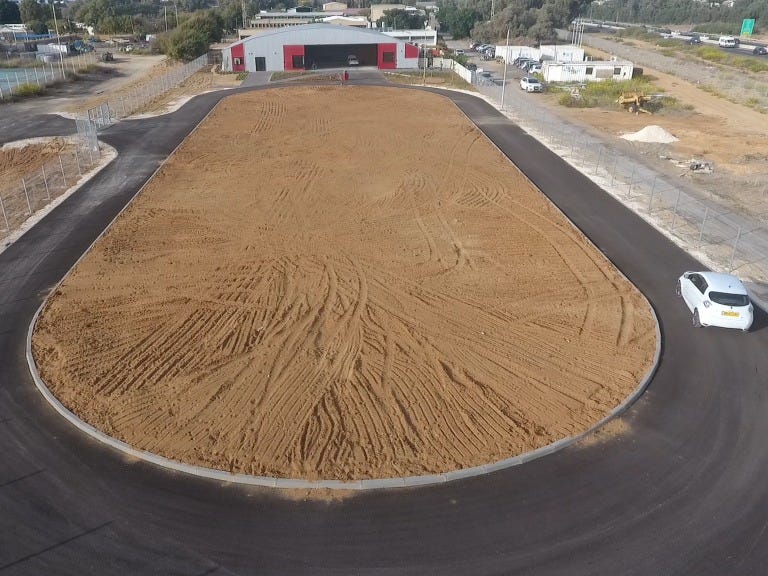
Electron says that once the initial investment is made for cargo and public transportation, it can also be used by private electric vehicles.
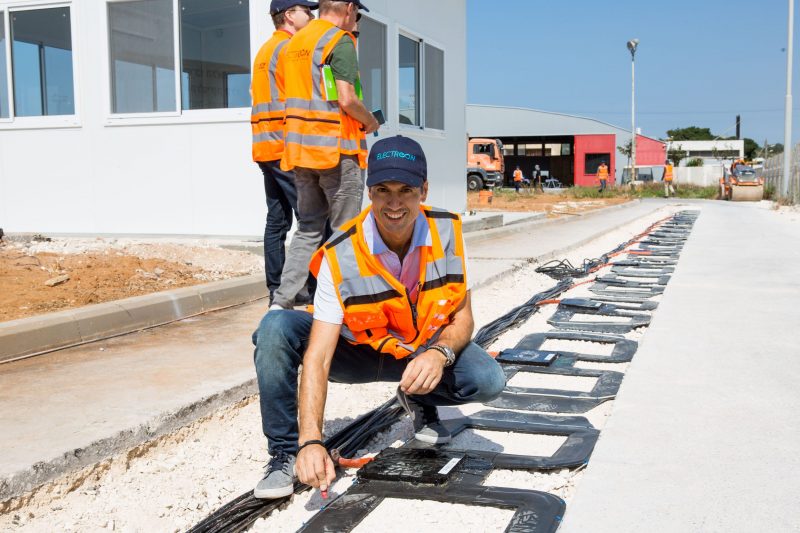
Beyond freeing up space used by charging stations, electric charging roads could also let cities get more use out of shuttles and vehicles.
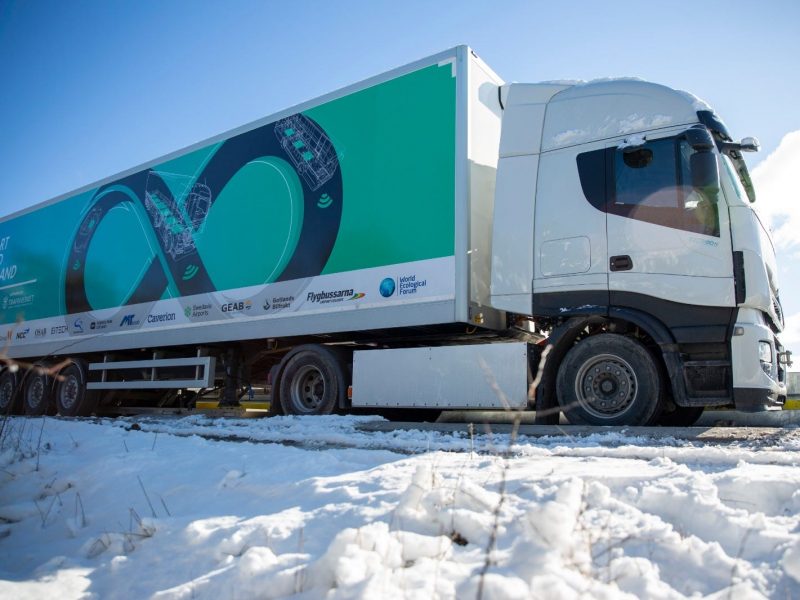
Vehicles can charge while they are driven, without requiring extra downtime.
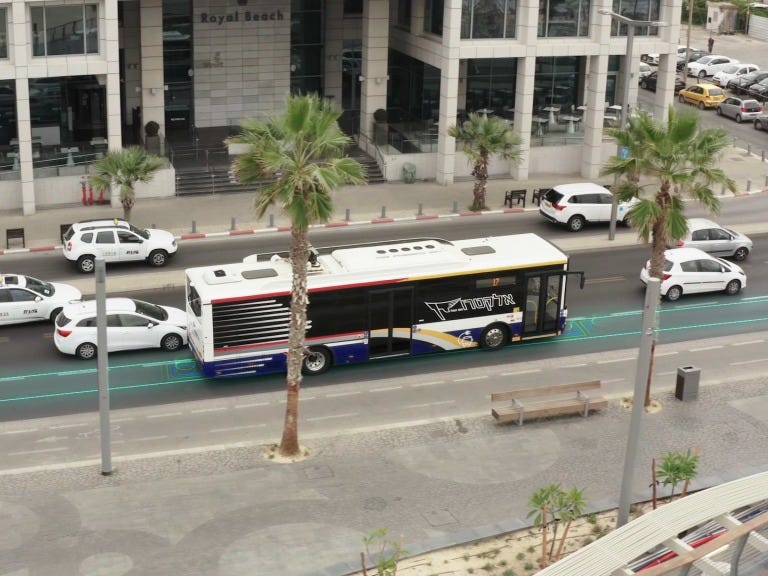
Electreon says there are several benefits for cities as well.
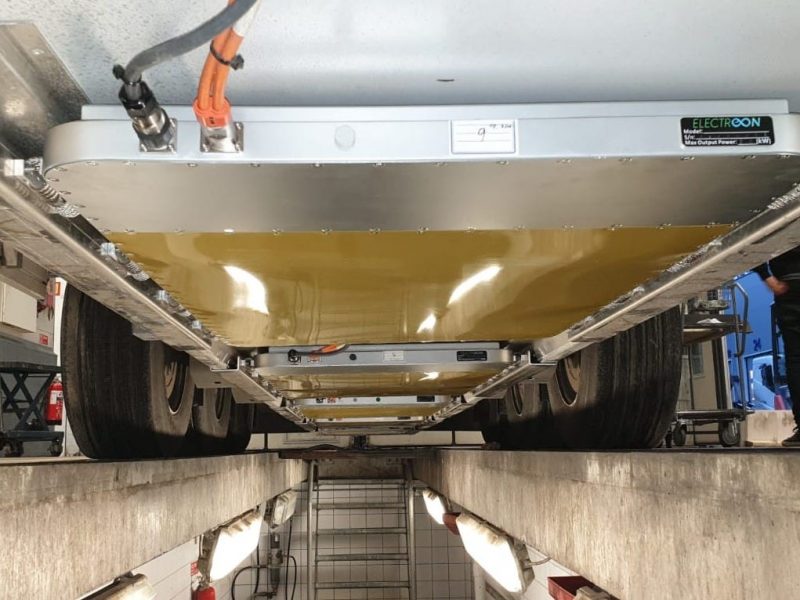
The initial setup is relatively cheap and doesn't require new grid infrastructure like charging stations would.
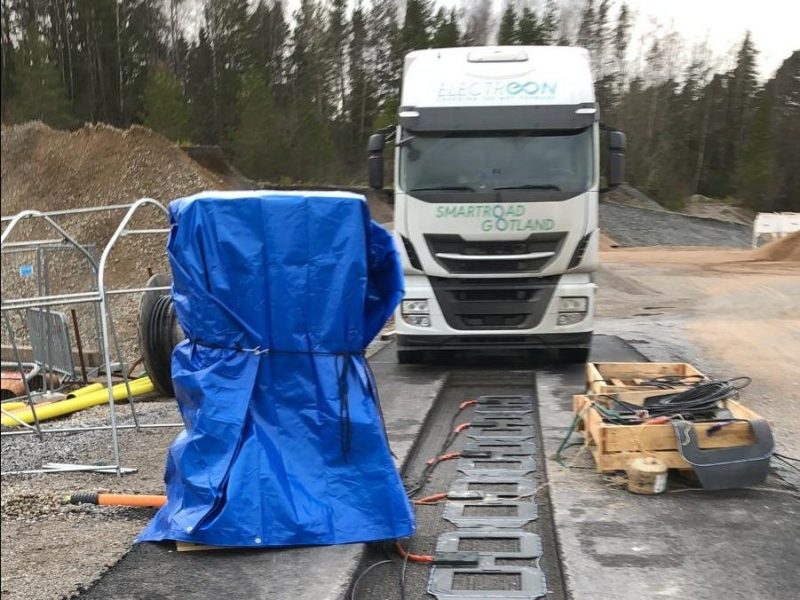
Lighter electric vehicles, without the need for heavy batteries, will use less energy and cause less pollution and wear and tear on city streets.
